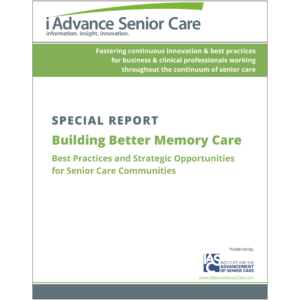Cause for alarm
One evening after the residents' supper, the fire alarm went off. I was in my room with my feet up in bed, working on my laptop. I thought maybe it was just a drill. Then, I wondered if a resident had pulled it out of frustration. Since false fire alarms can happen, I never know whether to heed the fire alarm. But, several minutes later, as I worked on my laptop the fire alarm was still ringing.
During my years living in nursing homes, I have sat through many fire alarms. Usually reluctantly. I knew I had to prevent other residents and visitors from getting upset. I have seen the scared look in visitors’ eyes when the fire alarm goes off and the fire doors close with their loved one behind them—and then nothing moves. Many times, I have told visitors it was just a drill whether or not I knew that for sure.
Since I am at one end of the hall, there is no way for me to know what is happening on the other halls unless I am in my power chair in the hallway. Trying to ignore the fire alarm denies my self-preservation instinct. I had to stop myself from putting on my call light so I could ask what was going on. If it was an emergency situation, or a drill, I knew the staff did not need to add answering my call light to the confusion. So I waited. Several minutes later, the fire alarm went off. No one came to my room. I didn’t hear fire truck sirens. I didn’t smell smoke. I figured it was just a drill.
Later, when my aide came in to get me ready for sleep, I asked why the fire alarm was on. She told me there had been a fire drill. I laughed and told her how anxious I had been. I suggested that second shift could announce the "all clear" on the public address system after the drill is over as they do on day shift.
I Advance Senior Care is the industry-leading source for practical, in-depth, business-building, and resident care information for owners, executives, administrators, and directors of nursing at assisted living communities, skilled nursing facilities, post-acute facilities, and continuing care retirement communities. The I Advance Senior Care editorial team and industry experts provide market analysis, strategic direction, policy commentary, clinical best-practices, business management, and technology breakthroughs.
I Advance Senior Care is part of the Institute for the Advancement of Senior Care and published by Plain-English Health Care.
Related Articles
Topics: Operations











